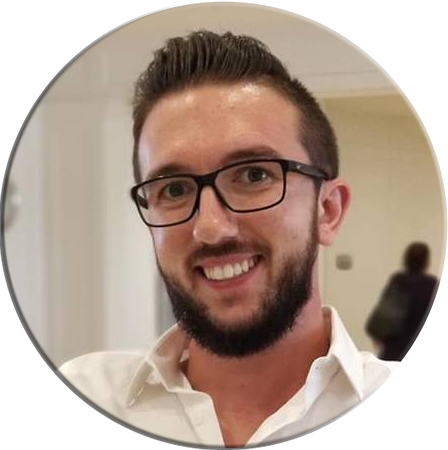Transforming Real Estate: An Interview with Drew Farnese

Welcome to the Investor Agent Podcast, where we are transforming mindsets from scarcity and lack to abundance and wealth! Through collaboration with high-level investors and business owners, we share the secrets of creating generational wealth and providing a pathway to financial freedom to help you fulfill your life's potential.
In this episode, we have the pleasure of interviewing Drew Farnese, a dynamic and family-oriented entrepreneur who has made significant strides in the real estate industry. Drew is the owner and CEO of Revamp365, a thriving property wholesale company, and Vantage Real Estate Solutions, a leading property management company. Starting his career flipping houses at just 21, Drew quickly grew his business alongside his wife, building a robust portfolio and a dedicated team.
Join us as Drew shares his journey, from his early days in real estate to his current success, and discusses how he has navigated the industry's toughest challenges. Learn about his top accomplishments, including the ongoing growth of Revamp365, the impact of Vantage Real Estate Solutions on families, and the importance of a supportive network of friends and family.
Don't miss this insightful conversation with Drew Farnese, where we delve into the secrets of his success and how he continues to thrive in an ever-changing market.

Founder
Drew Farnese is a family-oriented entrepreneur and CEO with a strong reputation for hard work, vision, and resilience in the real estate industry. He leads three successful businesses: Revamp365, Vantage Real Estate Solutions, and RV 3. Each company reflects his commitment to growth, community, and creating opportunities for investors and families.
Drew began his real estate career at just 21 years old by flipping houses. What started as a single investment quickly grew into a thriving business path. Alongside his wife, he founded Revamp365, a real estate wholesaling company that continues to expand even in one of the toughest real estate markets in history. They also launched Vantage Real Estate Solutions, a property management company that provides quality homes and apartments for families.
Over the years, Drew has built more than just businesses. He has created stability and growth for his family, raising three children with the support of his wife while managing the demands of entrepreneurship. He credits his success to a combination of dedication, real estate expertise, and the strong team of friends and family who share his mission.
Drew Farnese is known for blending entrepreneurial drive with a people-first leadership style. He is passionate about helping families find homes, guiding investors to opportunities, and strengthening communities through real estate.

